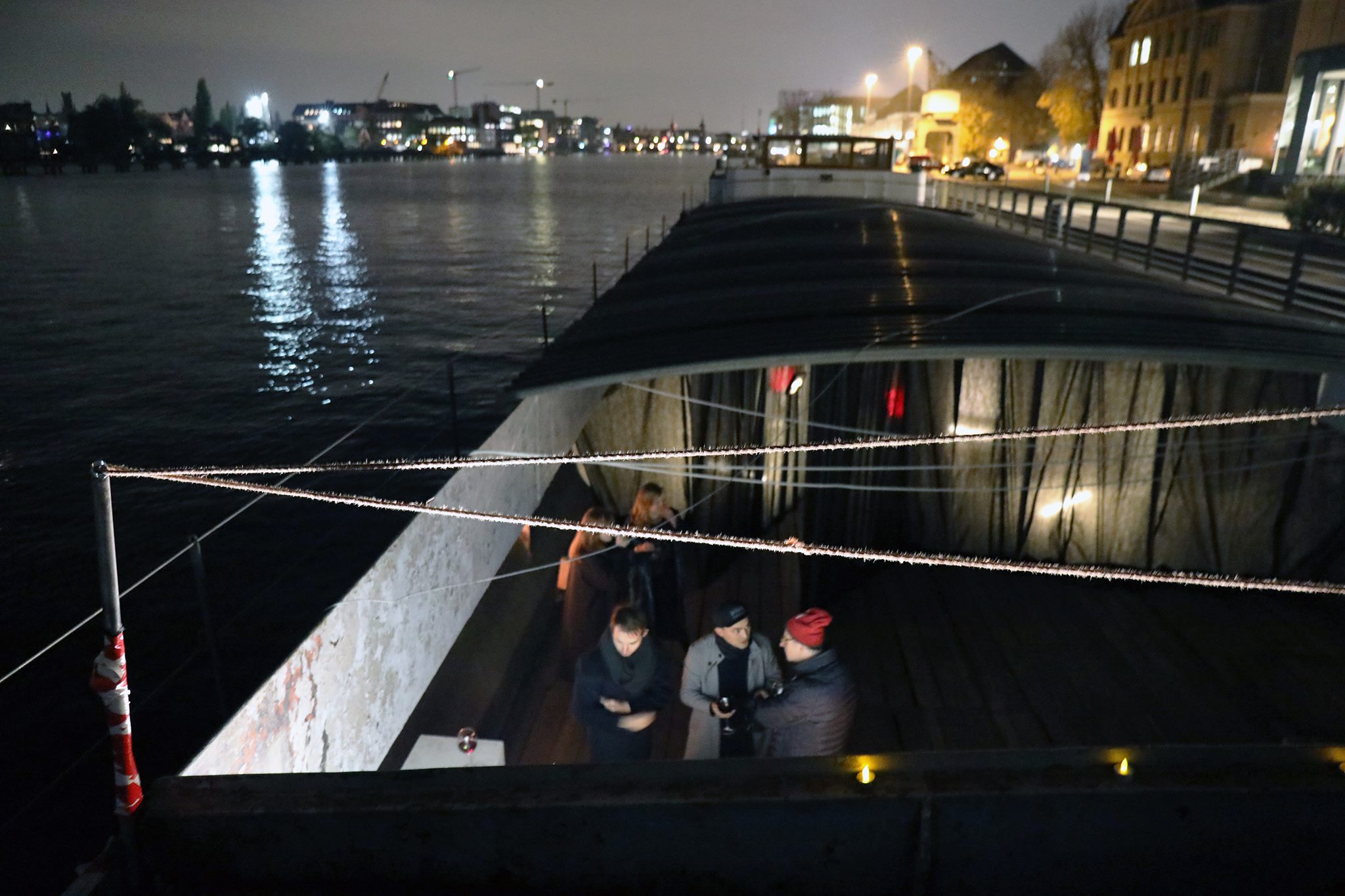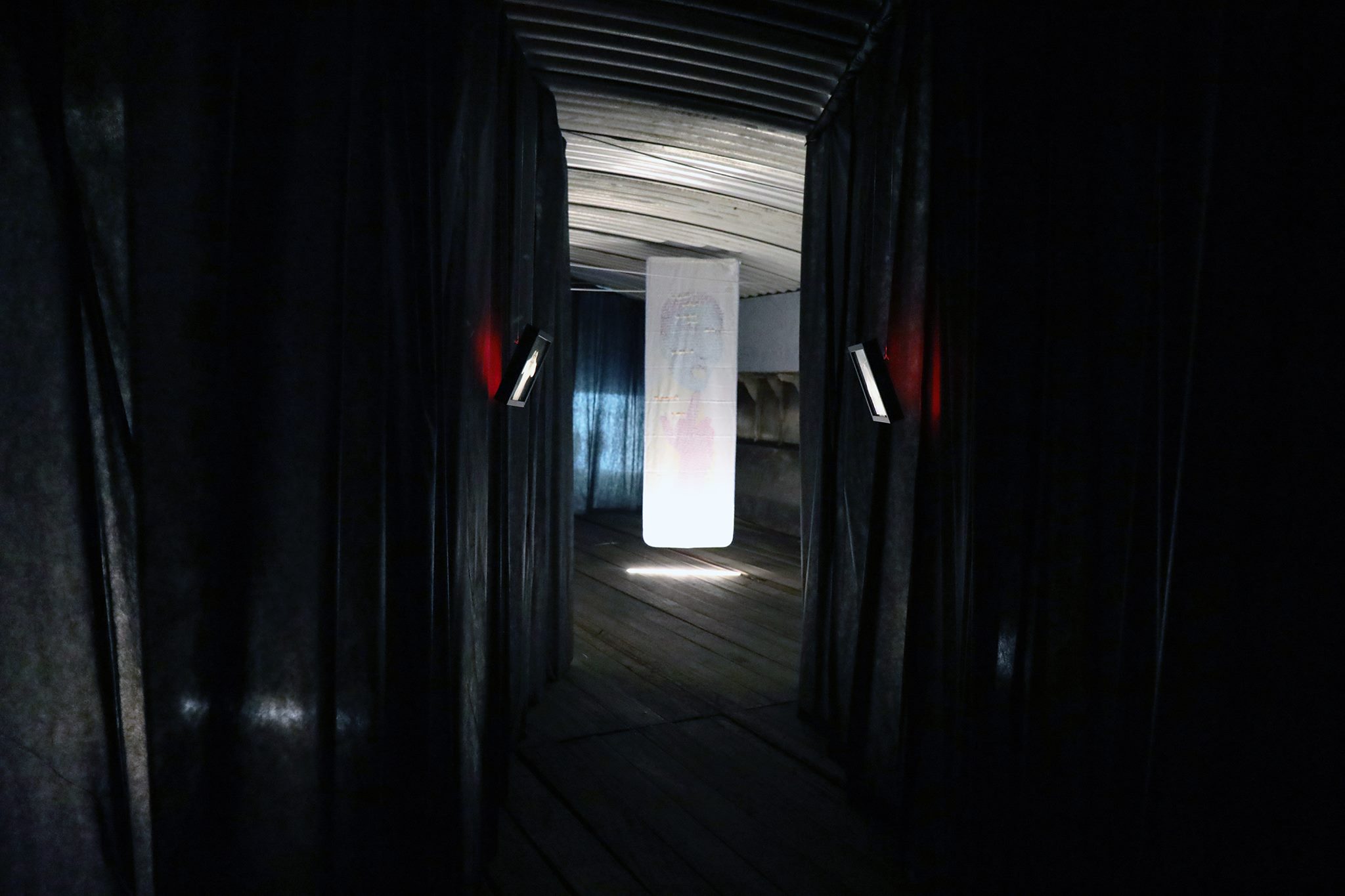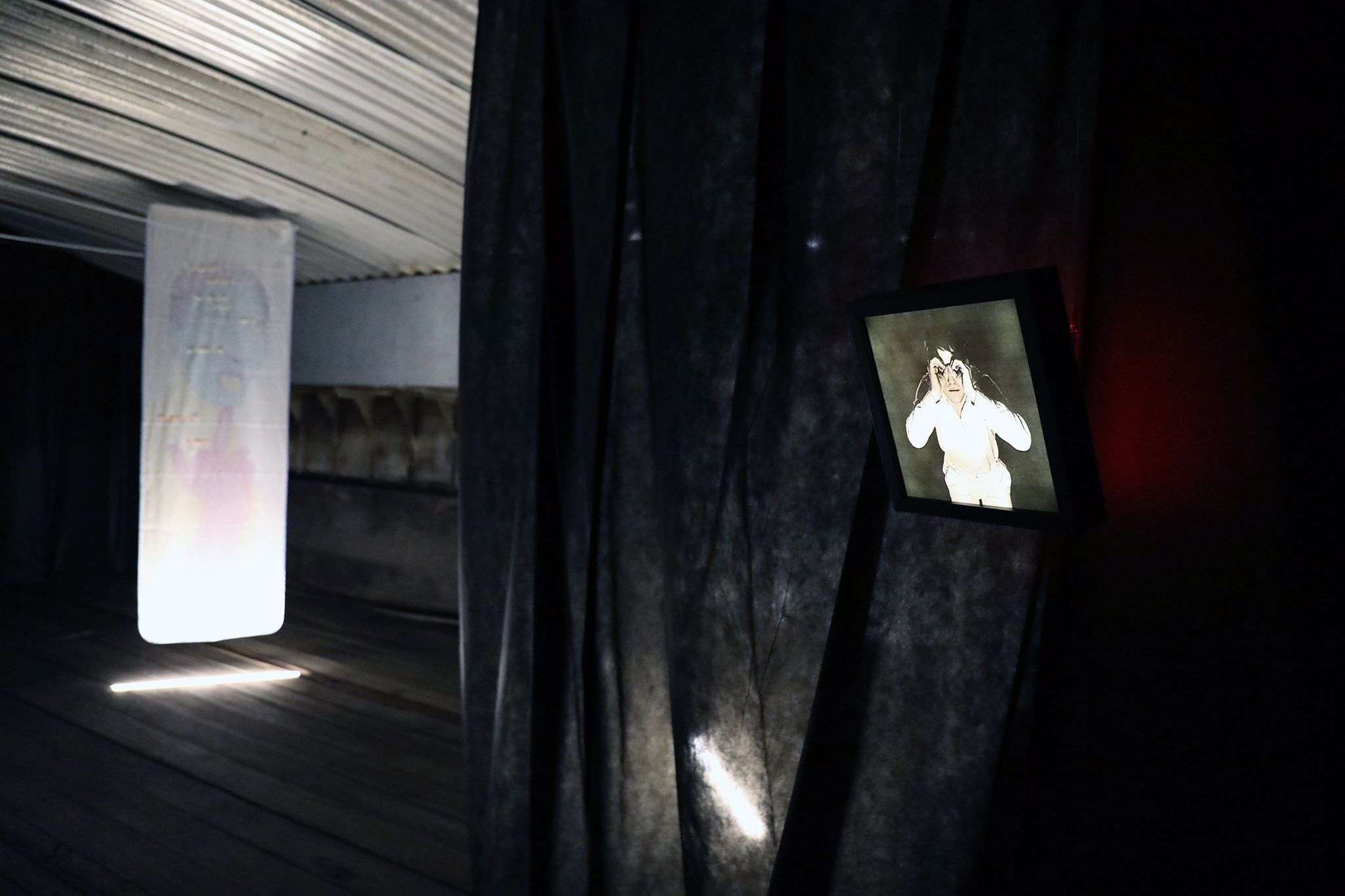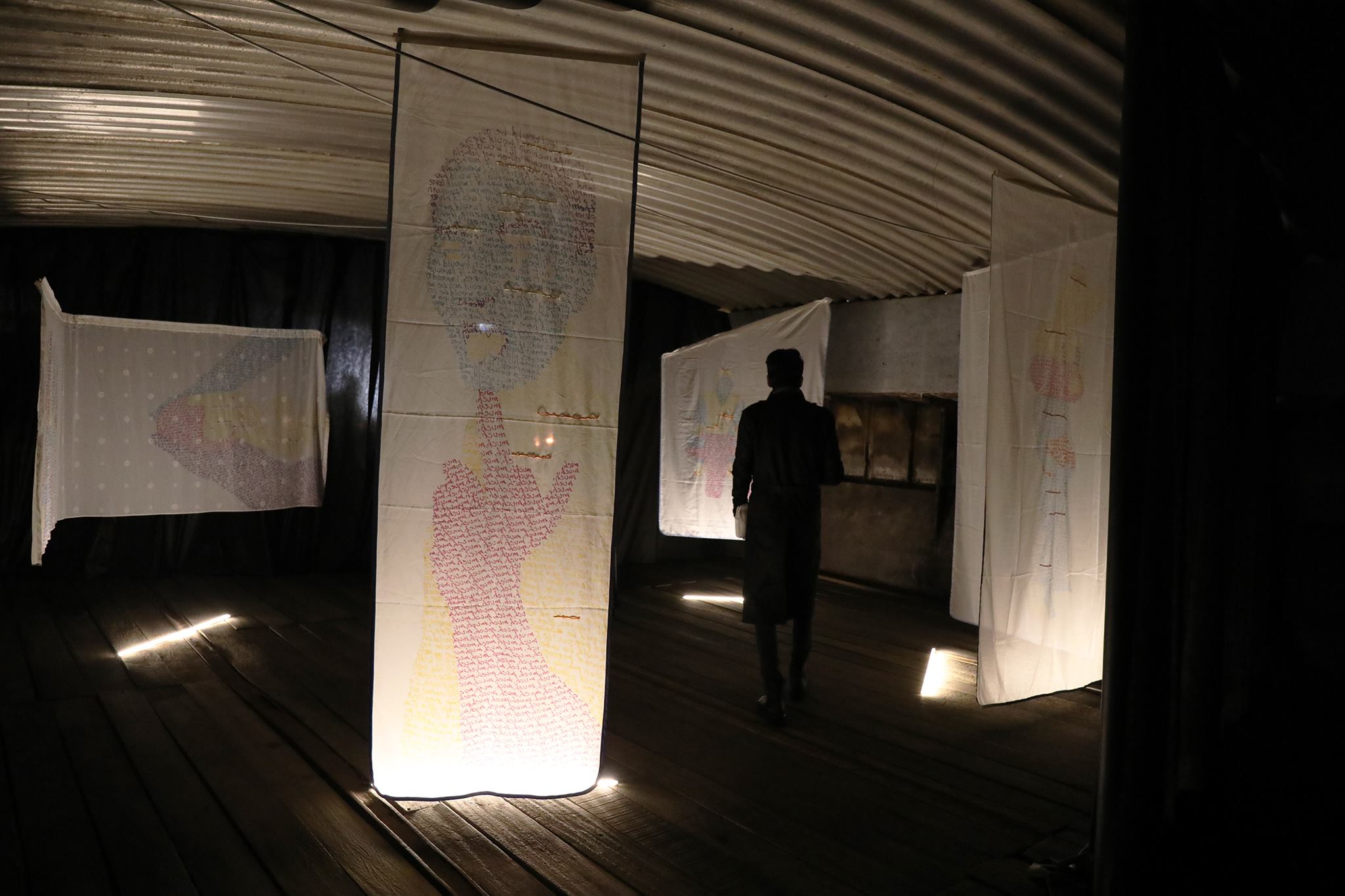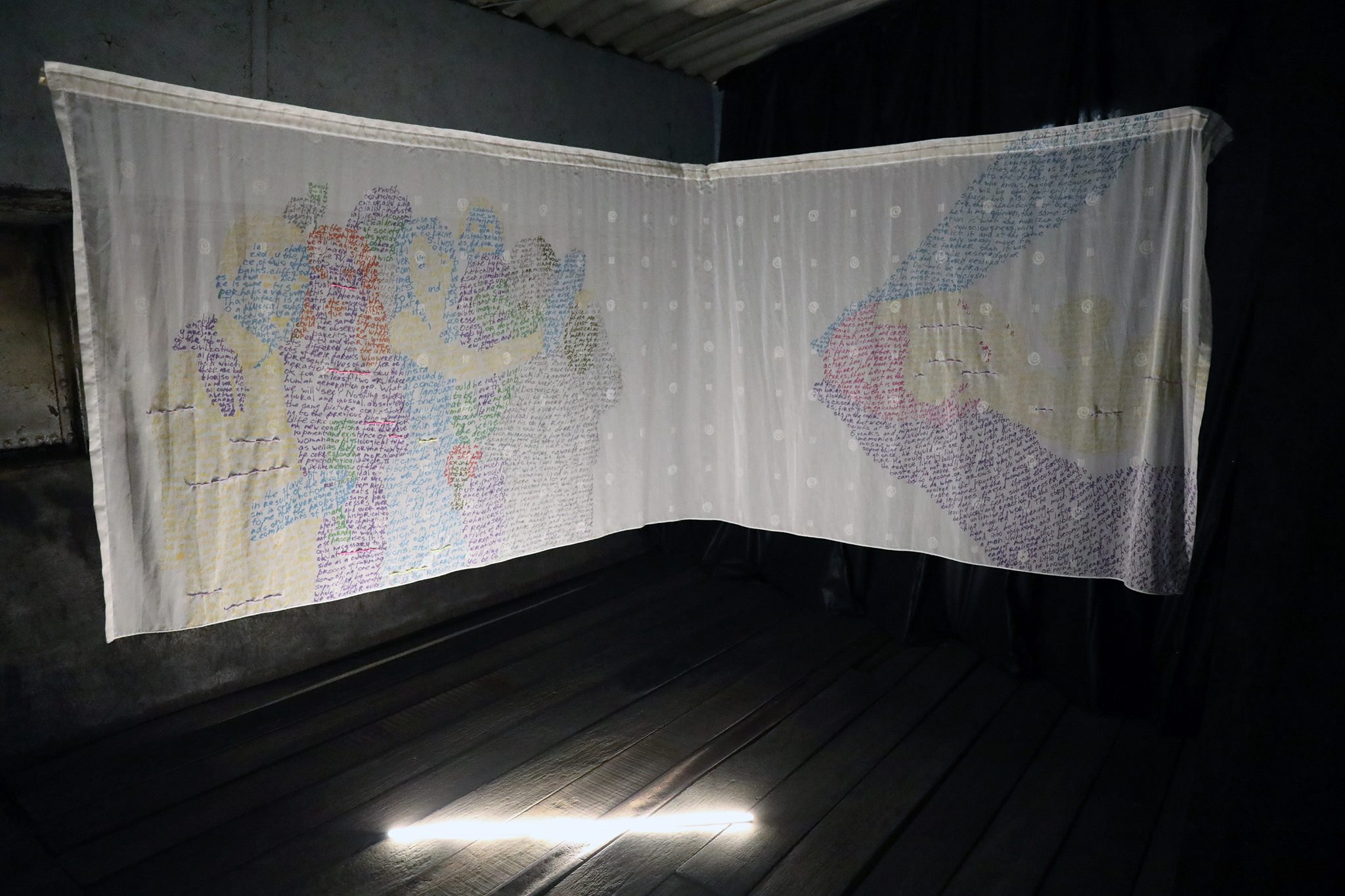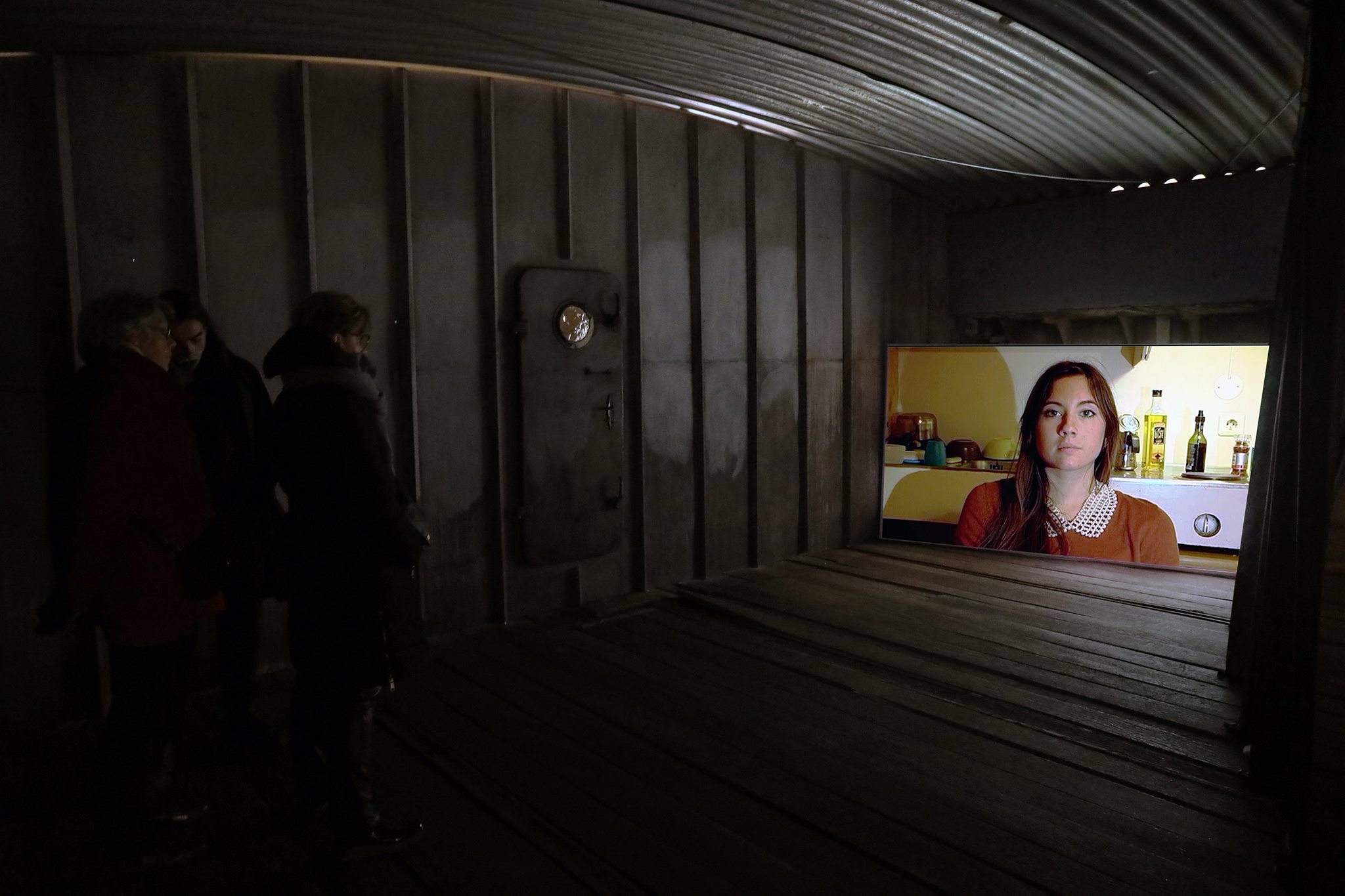@living_well_ it’s much appreciated
@living_well_ it’s much appreciated
I was born in the final years of the Soviet Union, in Soviet Moldova, when Brezhnev was still alive.
My childhood unfolded in a country that, despite many flaws, did not divide people into “important” and “unimportant.” Toward the end of the 1980s, shortly before the USSR collapsed, nationalist movements of a right-wing nature began to rise across several republics and Moldova was no exception.
It was then that I first learned what it feels like to become a stranger in the land where you were born, raised, educated, and immersed in the culture from your earliest days. I was beaten simply for being Russian.
After the dissolution of the Soviet Union, the geopolitical space of my childhood became the sovereign Republic of Moldova and life for those, who did not belong to the titular nationality grew even more difficult.
Soon after came the conflict with the “Russians” in Transnistria. People like me became even greater enemies in the place we still called home. Perhaps that was when I first began to ask myself: Where is my homeland? What is my country? Ethnicity, much like a blood type, stays with you as long as you biologically exist.
Yet in my case, there is a paradox: in Moldova, I am seen as a “Russian occupier,” and in Russia the land where my relatives have lived for many centuries I am seen as a Moldovan migrant.
In the years that followed, I lived in Slovakia, Austria, Norway, and Armenia, and now in Germany…
Each time I moved to a new country, I carried the hope that it would become my home a place where I would be understood, where I would feel like a meaningful part of society. Reality, however, dissolved my naïve illusions. Still, I continue to return to the same question: Who am I, and where do I belong?
Today, countless people born in one country find themselves forced by economic transformation, technological catastrophe, war, or because they belong to a particular social or gender group to search for a home elsewhere, sometimes on another continent. In this pivotal moment in human history, my experience is far from unique.
The social contract has changed.
The state can no longer guarantee its citizens a secure tomorrow.
Moreover, the corporations that increasingly replace state functions operate under entirely different principles of responsibility and relationship to society.
Meanwhile, individuals have been fragmented into digital profiles able to appear as anything except who they truly are.
In a world where robots receive citizenship, while around 4,4 millions of human beings live as “non-citizens,” denied political and economic rights simply because they did not win the biological lottery and were born with the “wrong” nationality, my story is not exceptional.
Yet when you are not the observer but the observed with no viable alternative the urge to change the structure of this reality becomes unavoidable.
In the project @living_well_ it’s much appreciated, through artistic reflection on each of my “homelands,” I sought to understand and gently influence the way I perceive the places that shaped me at different moments in life. Through artistic research, I tried to trace possible counter-paths and new scenarios of transformation not only for myself, but also for the viewer. Because each of us, every day, must decide which step to take next, and in which direction our life will unfold.
2018 “@living_well_ it’s much appreciated”, Hosek Contemporary, Berlin (DE)
Special thanks to: Linda Toivio, Pert Hosek and Anna Hakobyan
